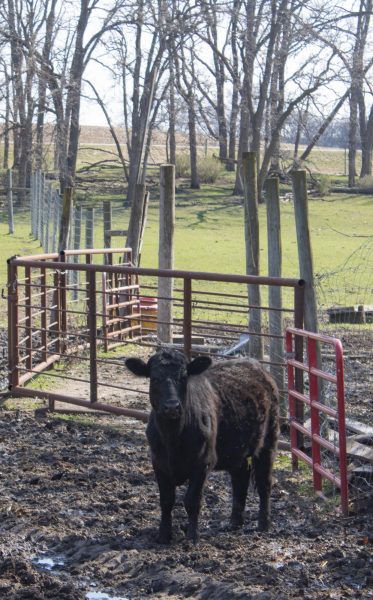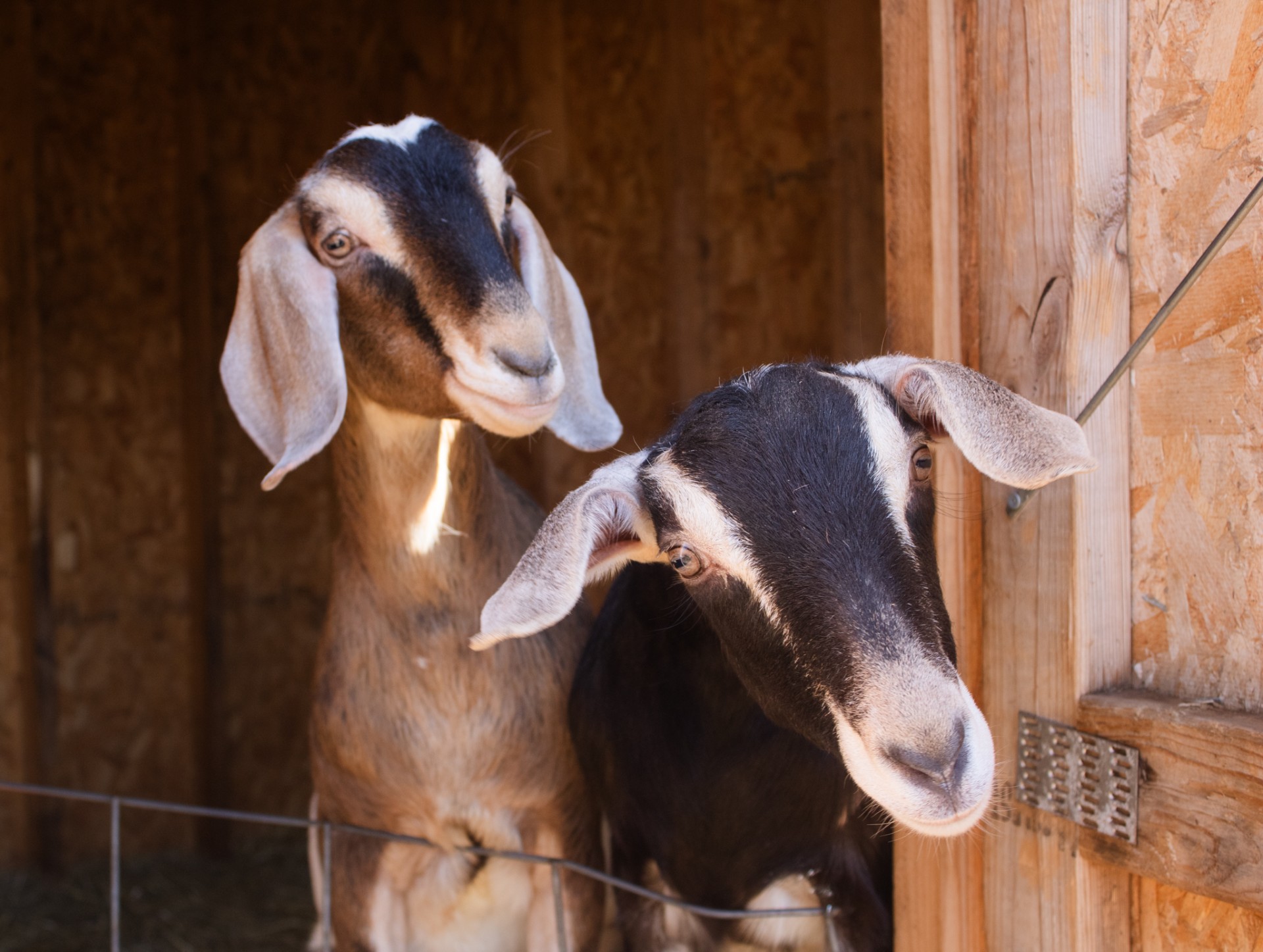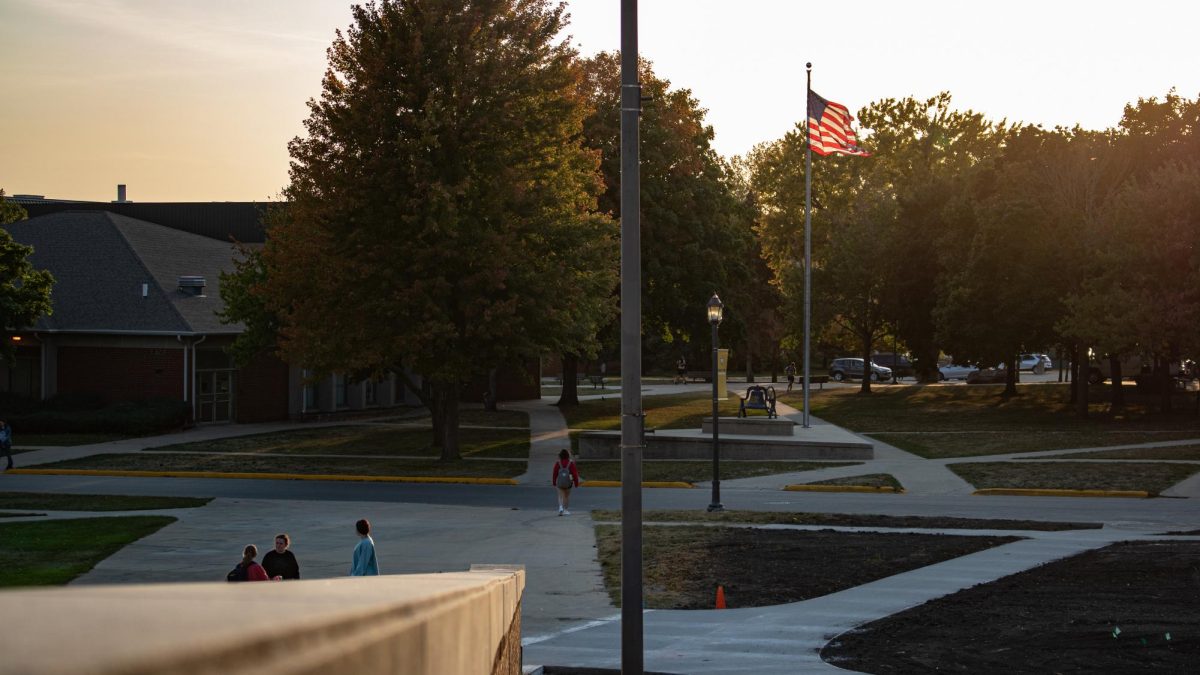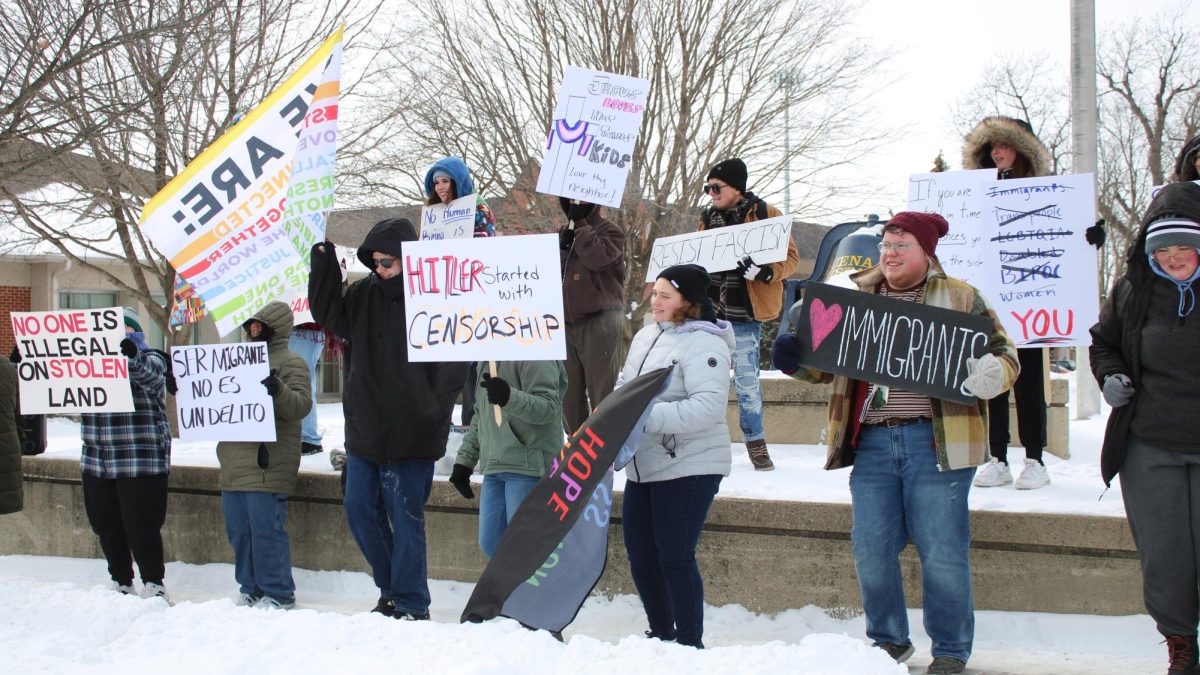My family used to raise elk on our farm, and we would take great care of them, making sure they had everything they needed. However, we would still have people who would try to come and let our elk out illegally because they believed “they shouldn’t be penned up” or “they are being mistreated” due to the fact that they were kept in a pen and not roaming free. This is one of the many examples of misinformation that can be spread and the influence that People for the Ethical Treatment of Animals (PETA) and some other animal rights organizations can have on agriculture.
When farmers hear about PETA and some other animal rights organizations, they don’t usually think of anything good. Michelle Miller, an agriculture advocate known as the Farm Babe, wrote in AGDAILY, “PETA in no way tells the truth of animal agriculture. They have an agenda—to get people to stop eating meat and stop using animals for anything, period.” PETA often uses embellished words such as “kept in small cages, jam-packed sheds, and on crowded, filthy feedlots” to describe how animals are housed. They also use videos that can be and are manipulated to fit their agenda to tell lies about how farmers take care of and treat their animals. Hannah Thompson-Weeman, Vice President of Strategic Engagement for the Animal Agriculture Alliance, told AGRINEWS, “Activist groups will pay people to get hired on farms with the intention to capture video or pictures that can be used against the operation and the industry.”
A specific example of this occurred at a dairy farm in Ellington, Connecticut called Oakridge Dairy. They received a cease and desist letter from PETA because of phrases such as “happy cows” and “spend their days relaxing among their peers” that were used on their website. PETA did not feel that these were accurate claims. PETA cited a video about Oakridge Dairy and how it is a “dystopian dairy factory” and also talked about how the cows are in “intensive confinement” and they “endure miserable lives.” Seth Bahler, an Oakridge Dairy farmer, told FOX61, “It’s disheartening that PETA is pushing their agenda in a way that undermines the hard work and commitment we bring to our family farm every single day. Farmers like us work tirelessly to care for our animals and our land, producing safe, healthy food for families like yours.”

PETA and some other animal rights organizations also encourage the “rescuing” of farm animals. This is an illegal practice where they take animals that belong to a farmer from that farm, but in all practicality, it is esentially stealing that farmer’s property. Jennifer Shike, from Farm Journal’s PORK wrote about two animal rights activists who “rescued” two chickens from a Foster Farms truck in Livingston, Calif., in September 2021. These animal activists were found not guilty, but District Attorney Nicole Silveira made it clear in The Fresno Bee that, “she wants to set the record straight about ‘rescuing’ farm animals. It’s illegal and you will be prosecuted.”
How can you prevent PETA from spreading lies and stealing farm animals? The best thing to do is to educate yourself about the different farm practices that are used and why they are used in that manner, so that way when you see something from PETA you can evaluate it to see the truth behind it. An example of this is separating the calves from their mothers or weaning calves. PETA stated, “These practices are not ‘humane’ and do not comport with established ‘highest standards’ of animal care ‘above and beyond other standards’—including provision of ‘social’ settings—that (Organic Valley) touts on its labels.” In reality there is a good reason to wean calves. Katie Navarra, horse and livestock guest author, wrote in Life Out Here, “It’s a necessity to promote good calf health and growth.”
Farmers take great care of their livestock and would never do anything to harm them. We rely on our livestock as much as they rely on us. Miller wrote in AGDAILY, “Our animals are the foundation of our lives and livelihoods.” My dad has always said that no matter what the weather is doing, if you’re sick, on vacation, or anything else, the livestock always comes first. Melisa Konecky, a dairy farmer, told Nebraska Corn Board, “Farmers take great pride in the care and well-being of their herds or flocks.” Farmers will always put the comfort and safety of their animals first, above all else.









